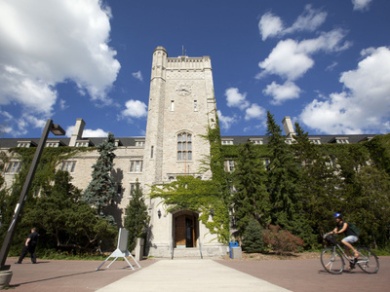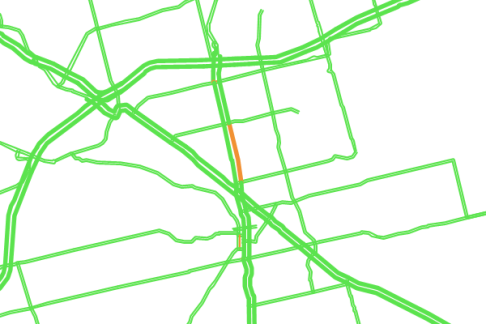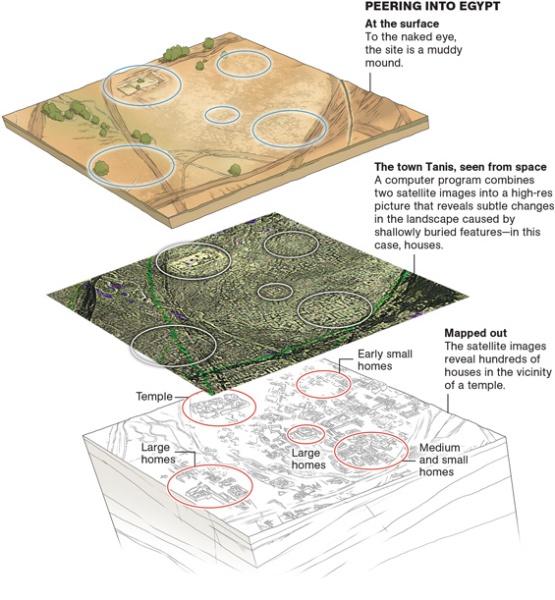
“How have my studies at Guelph been affected by digital tools and approaches, and what future possibilities do I see?”
When we were asked to think about this question in our first class the majority of us arrived at very similar (if not the same) answers. More and more components of our education occur online. It is no longer possible to be successful in your studies at University of Guelph without regular access to a computer and the internet. Every course has a website where updates, assignments, and grades are posted. Online discussion groups are encouraged, and even a marked component of many courses. Conducting research is crucial to completing assignments – and today research mainly consists of keyword searches in an online database that bring us to relevant sources on our topic. Even searching our library for books on our topic is done by a search on a computer that tells us whether the titles are available or not and their location within the library. If they are not available at our library we have the option of an inter-library loan, where a request is put in digitally to Wilfred Laurier or Waterloo and the hard copy is brought right to our Guelph circulation desk for your use.
Upon thinking deeper into this question, however, I have realized that I let these most obvious ways consume my conclusions, meanwhile overshadowing what are perhaps some of the most important ways my university career has been affected by digital tools. As a student of International Development, digital technology has changed my learning experience in countless ways. Keeping up to date with world news is very important to me, and with online news sources this is easier to do than ever. Access to news from all parts of the world is literally at my fingertips thanks to a portable laptop and wireless internet. I can follow the work of NGOs and other development organizations with the click of a button. This modern reality has enhanced my learning experience in the development discipline more than I ever realized before. I cannot imagine the task of collecting hard copies of newspapers from around the world in order to keep up to date on what is happening within the discipline. Therefore, the answer to the question “how have my studies at Guelph been affected by digital tools and approaches” is a simple one. They have made it a heck of a lot easier!
As for the possible futures I see… This has a more complex answer. I am still amazed everyday at the technological capacities our generation is developing and I can only imagine what is to come in the future. The world has become so remarkably interconnected thanks to digital technologies, and as a true student of International Development I have high hopes that this is promising for the future of human kind. Greater access to the lives and ideas of others can and should, in my eyes, lead to our greater understanding and acceptance of others and in turn compassion and respect. It is easier than ever to work together, despite distance, and I believe this should result in technological breakthroughs the likes of which we can only speculate.




